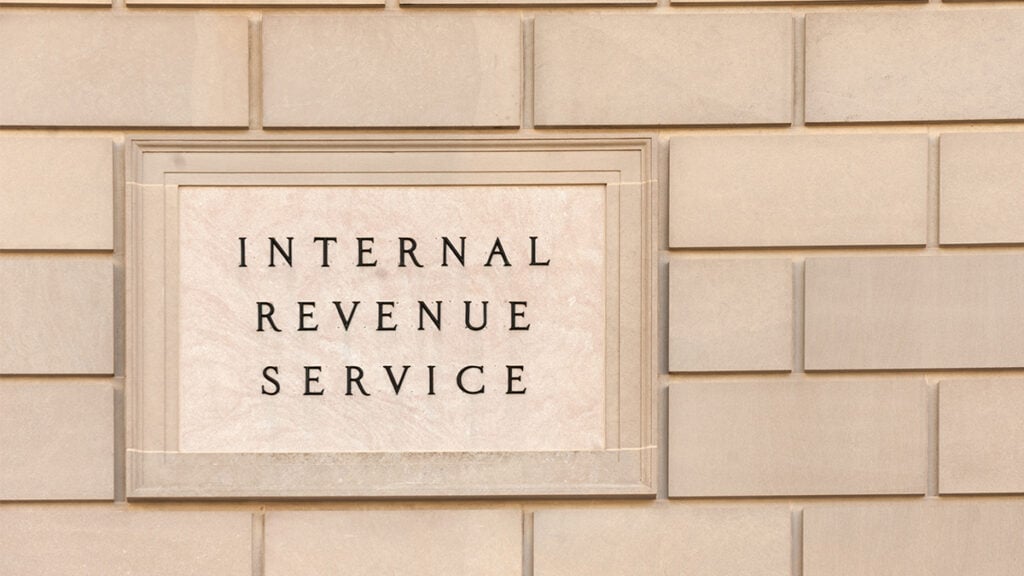
Recent Work by ITEP
State Rundown 9/18: Lawmakers Confront Revenue Loss from Federal Policy Changes
September 18, 2025 • By ITEP Staff

Some states are trying to avoid revenue loss while others are welcoming it and doubling down.
Child Poverty Remains Unacceptably High, New Federal Changes Unlikely to Move Needle
September 16, 2025 • By Neva Butkus

By not extending the 2021 temporary Child Tax Credit expansion, federal lawmakers have allowed the number of children and families in poverty to increase and remain unnecessarily high.
IRS Enforcement Boost Was Supposed to Last 10 Years. Congress Killed It in Under Three.
September 16, 2025 • By Sarah C. G. Christopherson

The IRS was set to overhaul how it audits the ultra-rich. Now most of that funding is gone.

What currently stands in the way of better corporate tax transparency.
State Earned Income Tax Credits Support Families and Workers in 2025
September 11, 2025 • By Neva Butkus

Nearly two-thirds of states now have an Earned Income Tax Credit (EITC). Momentum continues to build on these credits that boost low-paid workers’ incomes and offset some of the taxes they pay, helping lower-income families achieve greater economic security.
State Child Tax Credits Boosted Financial Security for Families and Children in 2025
September 11, 2025 • By Neva Butkus

Child Tax Credits (CTCs) are effective tools to bolster the economic security of low- and middle-income families and position the next generation for success.
President Trump is Still Lying About Ending Taxes on Social Security
September 11, 2025 • By Matthew Gardner

Why is Trump saying that he has eliminated taxes on Social Security?
Making the Wealthy Pay their Fair Share is the Way to Preserve Vacation Towns
September 10, 2025 • By Rita Jefferson

Rhode Island lawmakers created a new surcharge on second homes worth more than $1 million as part of the budget enacted this spring.
Who Can Make a Billion Dollar Mistake and Not Lose Their Jobs? Congress
September 5, 2025 • By Matthew Gardner

A drafting error in the 2017 tax law will cost U.S. taxpayers over $1 billion in unintended tax cuts for big multinationals.
State Rundown 9/4: Colorado Tackles Offshore Corporate Tax Avoidance, Paves Way for State Conformity Best Practices
September 4, 2025 • By ITEP Staff

Despite an increasingly bleak state revenue outlook, state lawmakers across the country continue to prioritize regressive tax cuts.
